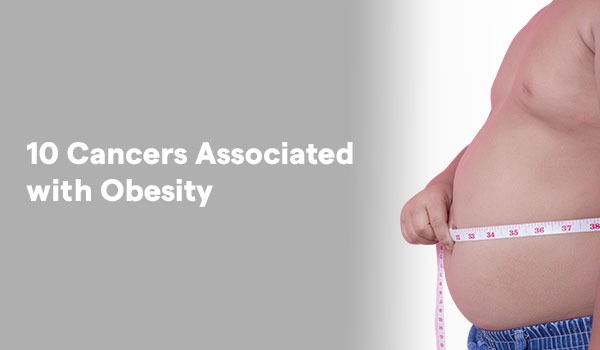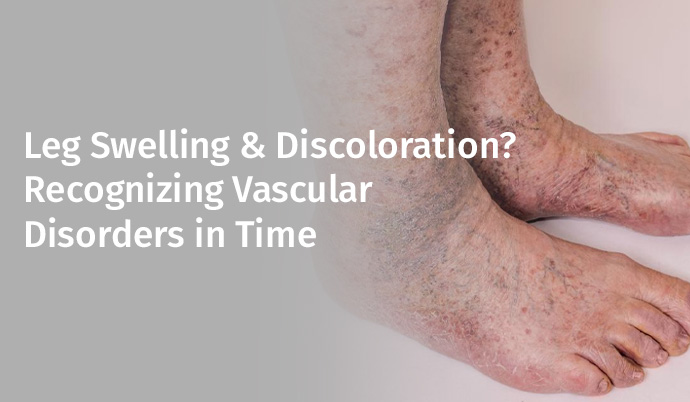
To understand why extra fat becomes extra risky and why losing just a few kilos could well be the best health decision one could make, we need to delve into the understanding of the types of cancers that might be linked to obesity. This is a significant topic in cancer research, especially in studies published in journals with a cancer research impact factor of global relevance.
1. Breast Cancer (Postmenopausal Women) It is said that women with obesity post-menopause are at least 20-40% more likely to develop this type. Fat cells produce estrogen, and in postmenopausal women, they become the main source of it. Excess estrogen goes along with an increased chance of mutations in breast cells, hence a higher chance of breast cancer. New evidence from cancer research indicates the role of cancer nutrition in mitigating some of these risks.
2. Colorectal Cancer Obesity interferes with the hormones present in the gut, triggers inflammation, and causes insulin resistance. And all these throw the colon out of its rhythm. Accounts by the American Cancer Society reveal that obese people have a 30% higher chance of developing colorectal cancer. And yes, men seem to be more susceptible to this. Lifestyle and cancer diet interventions have shown promising results across different stage of cancer in related studies with a high cancer research impact factor.
3. Endometrial (Uterine) Cancer Endometrial cancer is 2 to 4 times, even sometimes 7 times, more likely to happen in those women who have greater amounts of stored body fat. Just like in breast cancer, estrogen overproduction is the main culprit here, as it thickens the endometrial lining and nudges cells toward abnormal growth. Cancer research and cancer nutrition strategies are increasingly targeting hormone-related cancers like this one.
4. Esophageal Adenocarcinoma So, the question arises here that how does obesity increase the chances of esophageal adenocarcinoma? The simple explanation for this is that an obese person, especially one with much abdominal fat, would have increased chances. For years, this acid reflux or GERD during this period has damaged the esophagus. This long-standing inflammation sets the stage for esophageal adenocarcinoma, which is one of the fastest-growing cancers in obese males. Several cancer research impact factor studies are investigating how cancer diet modifications can reduce acid reflux and inflammation in the esophagus.
5. Kidney (Renal Cell) Cancer The kidneys filter your waste; nevertheless, too much weight might add to their workload. Obesity alternately affects kidney function, blood pressure, and insulin resistance. All these together increase your chances of renal cell carcinoma, the most common type of kidney cancer. Cancer research has shown how early changes in cancer nutrition can help regulate blood pressure and kidney health at any stage of cancer.
6. Pancreatic Cancer Pancreatic cancer is deadly and sneaky; it gives off few early symptoms and shows a strong association with obesity. Fat tissue releases cytokines, which are inflammatory substances, and disrupts insulin levels; pancreatic cancer is the chaotic result of this chronic inflammation and excess insulin levels. Cancer research at the best medical oncology hospital in Delhi, impact factor publications consistently rank pancreatic cancer among the most critical areas where cancer diet plays a preventative role.
7. Gallbladder Cancer Obesity is highly associated with gallstones, and gallstones increase the risk of gallbladder cancer. Fatty acids change bile production and induce chronic inflammation of the gallbladder. Women are at a greater risk of this rare but aggressive cancer, especially obese women. Understanding cancer nutrition in such cases helps formulate dietary strategies and early diagnosis across the stages of cancer.
8. Liver Cancer (Hepatocellular Carcinoma) A liver, indeed, is the greatest detoxifying organ, but that cannot handle an overload of fats forever. Obesity causes non-alcoholic fatty liver disease (NAFLD), which progresses to cirrhosis and eventually to liver cancer. The obese are two times more likely to develop this kind of cancer than a person of a healthy weight. Being overweight thus increases the risk of being diagnosed with liver cancer. Advances in cancer research are supported by high cancer research impact factor studies.
9. Ovarian Cancer This one goes on the tricky side and requires further exploration; however, indeed, emerging evidence has demonstrated that the obesity of women may actually elevate the risk of epithelial ovarian cancer, the most common form of the disease. Again, the hormonal activity of adipose tissue seems to enhance this risk along with chronic low-grade inflammation of low grade, an indicator of obesity. This puts it under the umbrella of ovarian cancer risk factors, which are now studied in-depth in cancer research journals.
10. Multiple Myeloma Multiple myeloma, a disease of plasma cells in the bone marrow, has also been linked with high BMI. Researchers think that inflammatory factors and growth factors that are elevated in the obese might contribute to the abnormal growth of these cells. The risk is not colossal, but it certainly is statistically significant. A better understanding of cancer nutrition may aid in controlling progression through multiple stages of cancer.
The obese fat tissue in humans is not passive in storage; rather, it is an active tissue. It secretes hormones (including estrogen) and cytokines (inflammatory chemicals) that disrupt normal cell functioning, promote DNA damage, and support abnormal cell growth. Insulin resistance is another fallout of obesity, which in actuality facilitates the growth environment for cancer cells. Studies with high cancer research impact factors emphasise these mechanisms and the role of a proper cancer diet in interrupting them.
Losing a few pounds from your current weight can help prevent several types of cancer. In addition, physical activity strengthens the heart, promotes easier movement, benefits the mind and makes life more enjoyable. It’s not so much about having a “perfect figure” as it is about nurturing your body through mindful cancer nutrition and understanding ovarian cancer risk factors and others.
Cancer can affect you whether you are overweight or thin, as neither guarantees your safety. Nevertheless, obesity raises the risk factor. It is as if cancer gets new advantages to use in the game. If exercising regularly is still hard for you, if you don’t eat many vegetables or if greasy biryani is often your choice as dinner, this may serve as a reminder to look after your health sincerely. Your body and its organs will thank you when you decide to eat well and follow a preventive cancer diet. Hence, stay curious, show tenderness towards your body and keep yourself informed about your health. And for early diagnosis and treatment, book an appointment with Sir Ganga Ram Hospital today.




